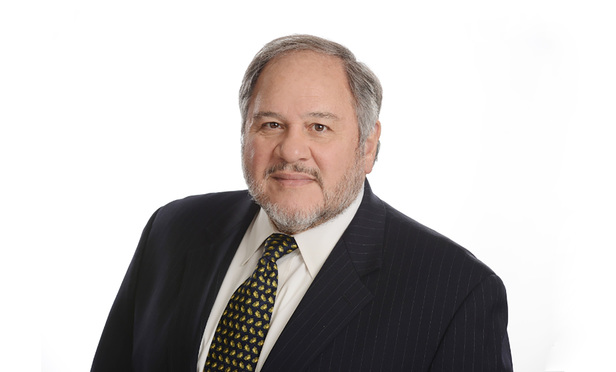Many small business entities find that they occasionally have a new product or process for which they wish to seek patent protection. Some of those small businesses may have had some prior experience with the patent process. Unfortunately, many of the prior patent laws changed with the advent of the America Invents Act (AIA). The AIA made fundamental changes in the consequences associated with a business engaging in market activities prior to the filing of a patent application and many commercial entities that occasionally pursue patent protection have not made the necessary adjustments in their internal procedures.
The U.S. patent law prior to the AIA had a provision that enabled an inventor to file a patent application for an invention that was not on sale or offered for sale more than one year prior to the application filing date. The prior patent law also included a “first-to-invent” provision that permitted an inventor, under certain circumstances, to swear behind a prior art reference that was not publicly available more than one year prior to the filing date and effectively remove that reference as a roadblock to patentability. Thus, neither the inventor’s commercial activities within one year of filing nor prior art that was not available more than one year prior to the filing would defeat the inventor’s right to a patent.
This content has been archived. It is available through our partners, LexisNexis® and Bloomberg Law.
To view this content, please continue to their sites.
Not a Lexis Subscriber?
Subscribe Now
Not a Bloomberg Law Subscriber?
Subscribe Now
LexisNexis® and Bloomberg Law are third party online distributors of the broad collection of current and archived versions of ALM's legal news publications. LexisNexis® and Bloomberg Law customers are able to access and use ALM's content, including content from the National Law Journal, The American Lawyer, Legaltech News, The New York Law Journal, and Corporate Counsel, as well as other sources of legal information.
For questions call 1-877-256-2472 or contact us at [email protected]



